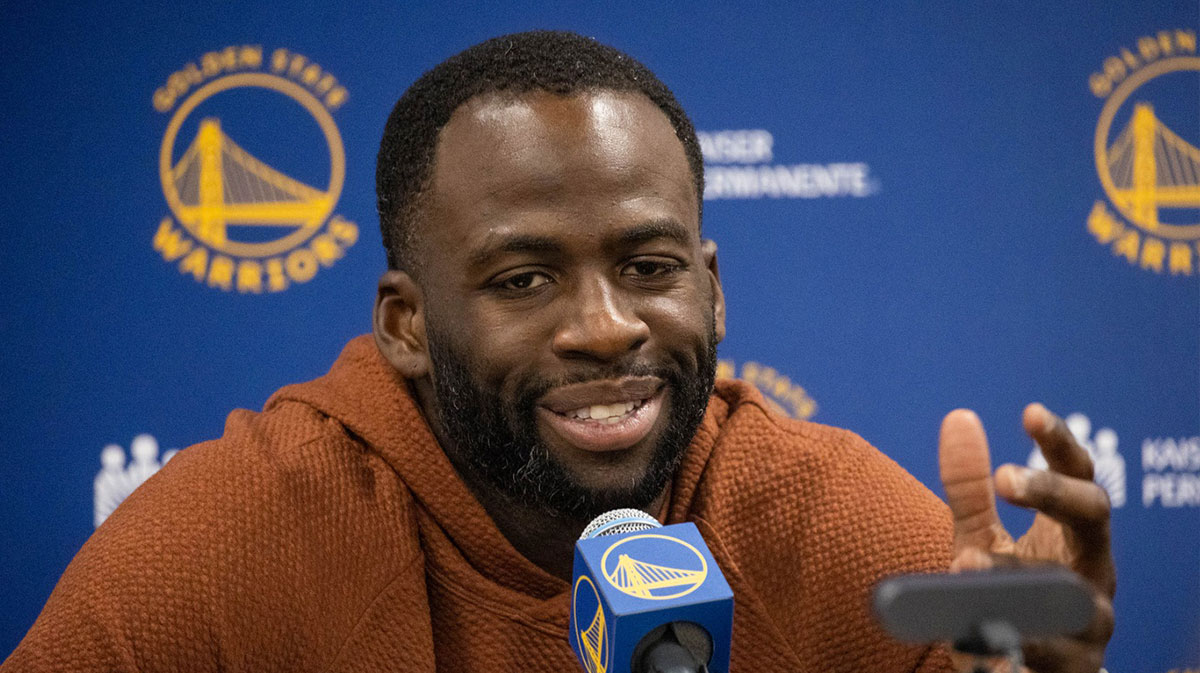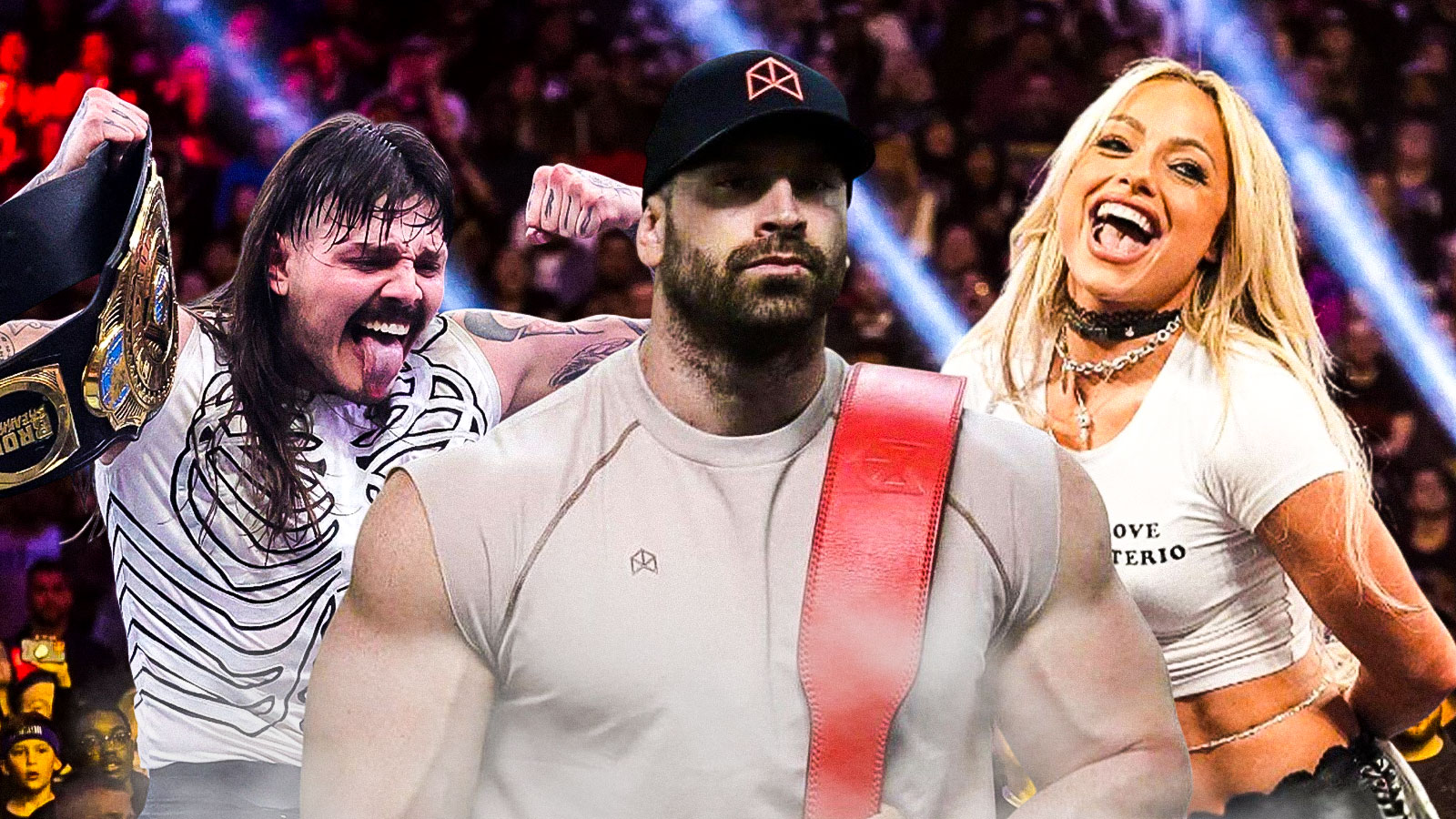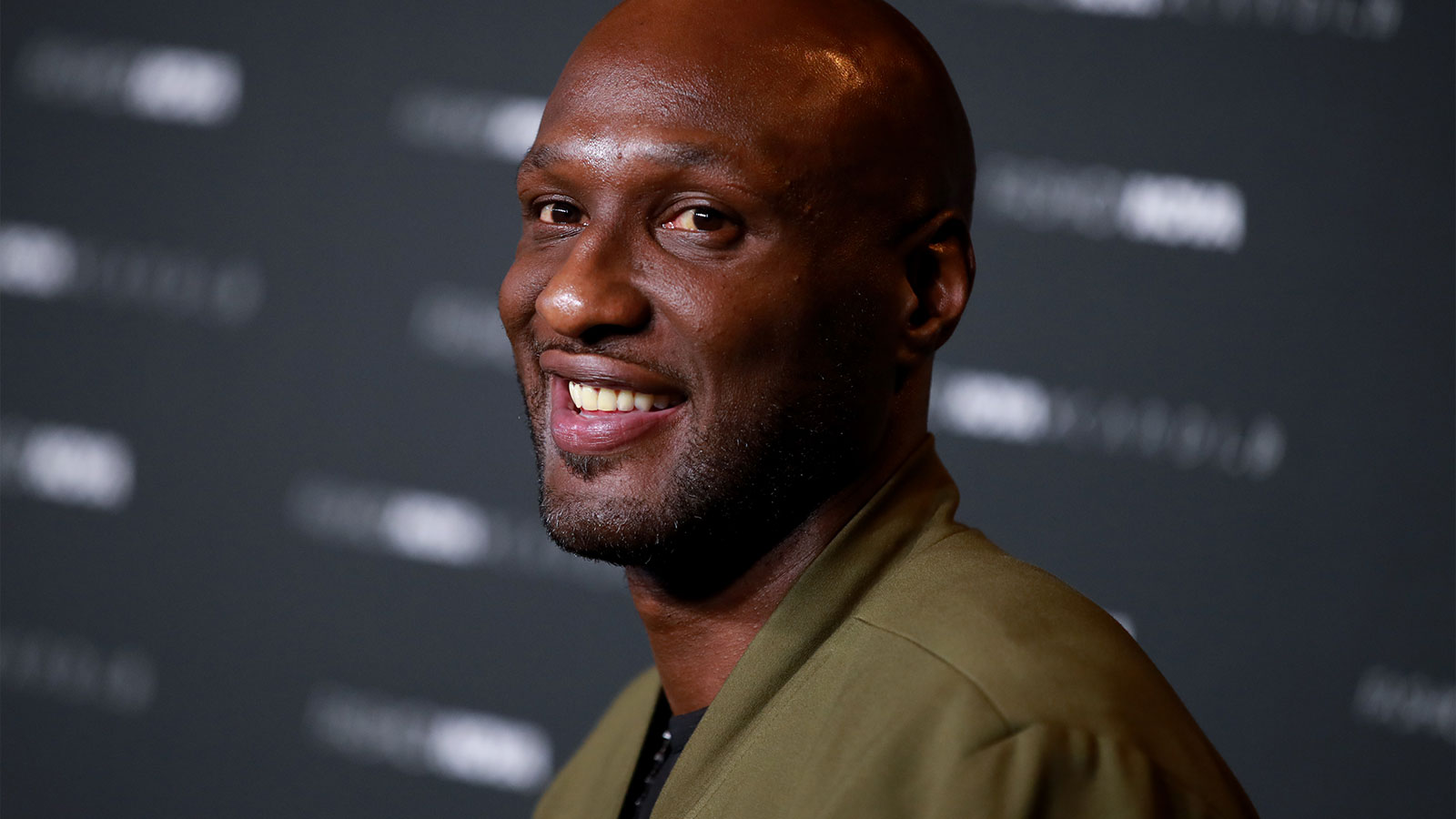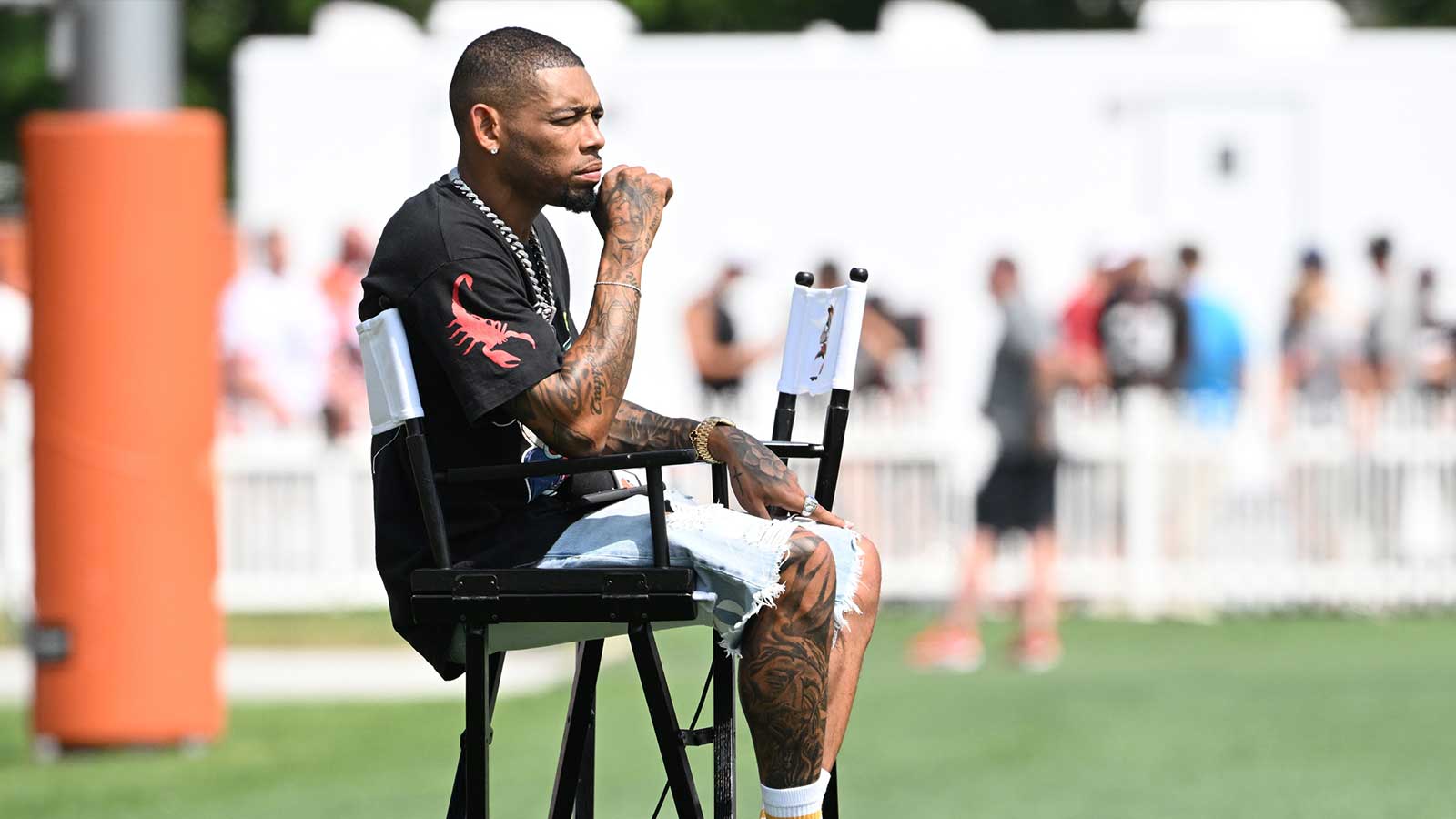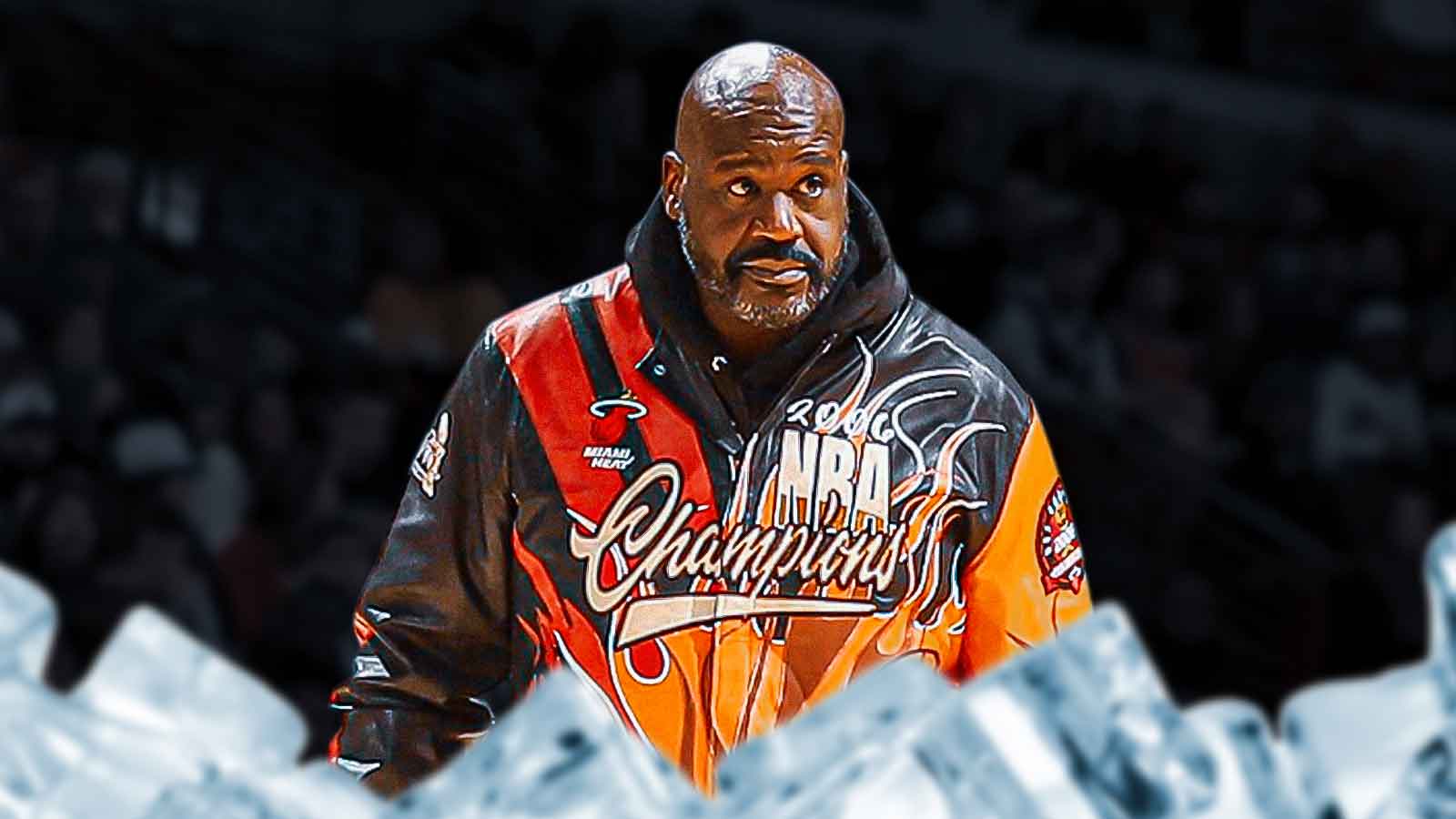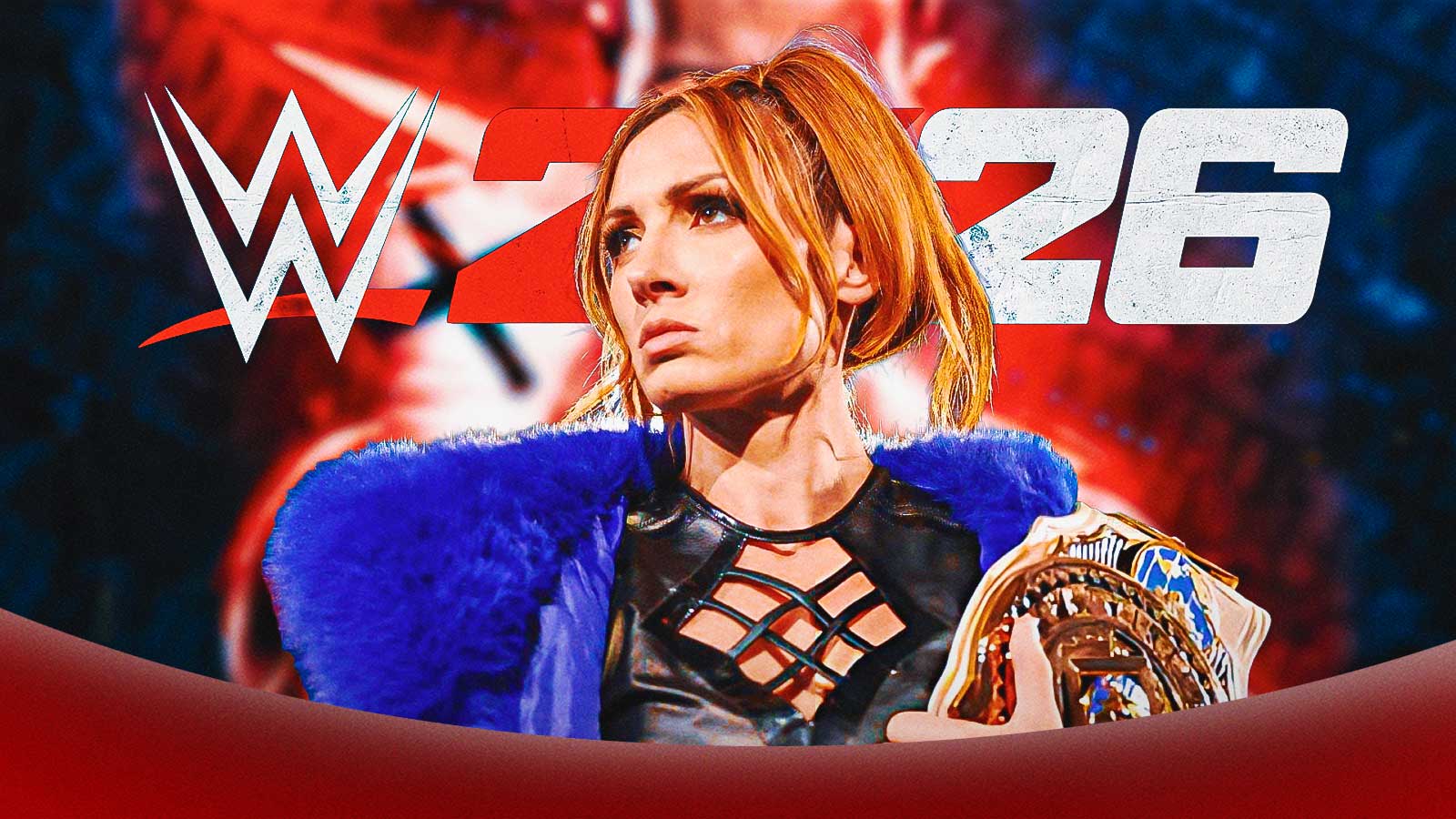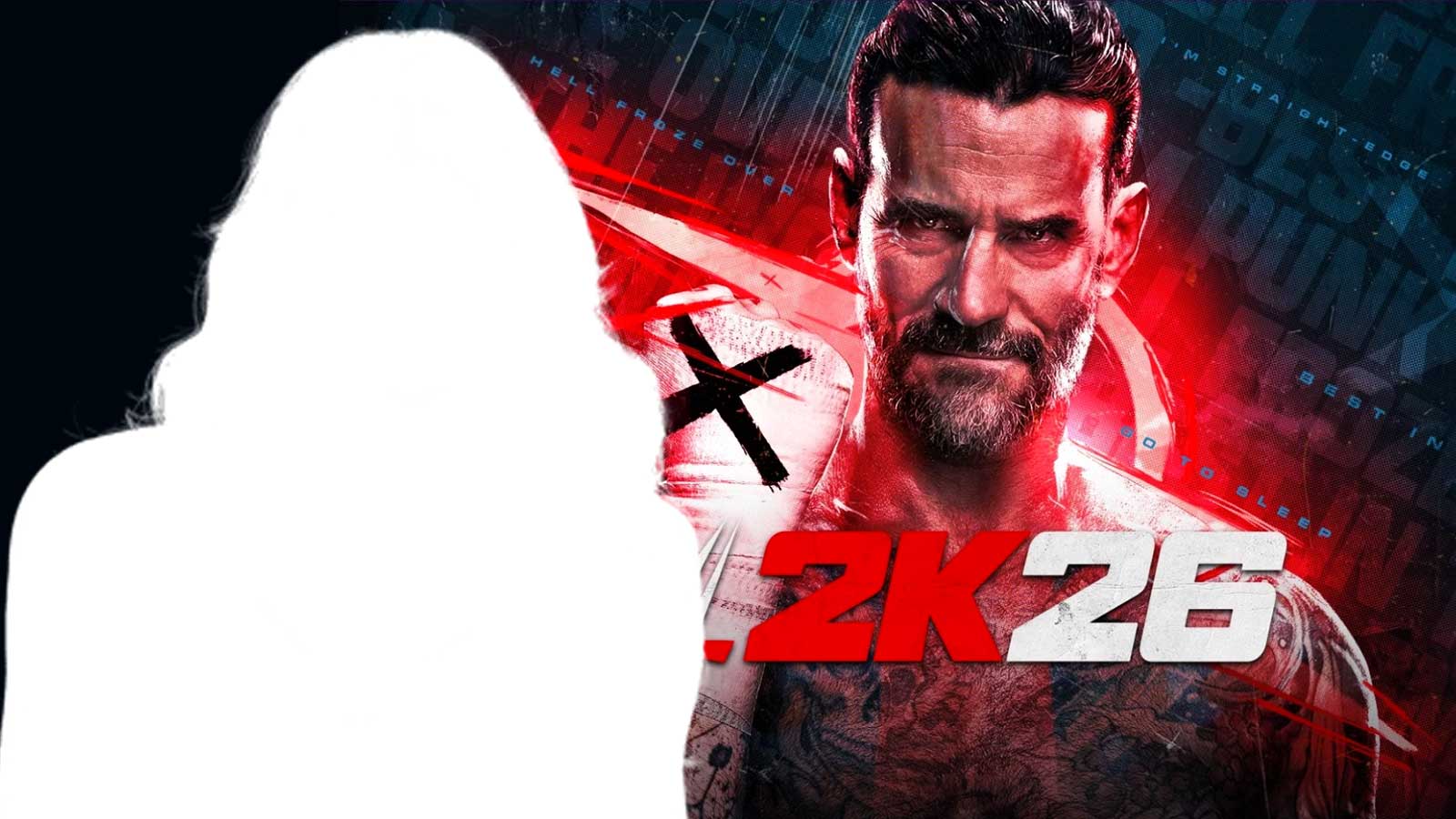Draymond Green didn’t hold back when dissecting what he believes is the death of NBA superteams. With the Boston Celtics trading away both Jrue Holiday and Kristaps Porzingis just weeks after hoisting the 2024 NBA title, Green zeroed in on what he sees as the culprit: the league’s second apron, Boston reports.
“This is all about the second apron,” Green said bluntly on The Draymond Green Show alongside Baron Davis. “People said they didn’t want super teams anymore, well here you have it.”
“All these moves are being made to dodge that 2nd apron. It’s a hard cap.”@Money23Green doesn’t hold back on the NBA’s new CBA — and how it’s hurting players more than fans realize. 😤💰
💸 “The PA made a sh*t deal.”
📈 “The pot gets bigger, the business gets better… and the… pic.twitter.com/626iIZ6nnE— The Draymond Green Show with Baron Davis (@DraymondShow) June 30, 2025
The Celtics dumped salary, not talent. Both Holiday and Porzingis were instrumental in Boston’s championship run, but the trades weren’t made for basketball reasons. They were about dodging the steep penalties tied to crossing the NBA’s newly enforced second luxury tax apron. That threshold, now set at $207.824 million for the 2025-26 season, essentially acts as a hard cap. And owners, according to Green, want no part of it.
“The penalties are crazy,” Green emphasized, pointing out how the second apron strips away team-building flexibility, from signing buyout players to using trade exceptions. “No owner is dealing with that.”
Green blames NBPA, predicts more broken-up contenders
While Green understands the business side, his real frustration lies with how the players’ union handled negotiations. In his eyes, the National Basketball Players Association (NBPA) dropped the ball.
“The PA made a sh– deal, as the PA has done for years now,” Draymond Green vented. “Every year, the pot gets bigger and the business gets better, and the players get screwed more.”
His comments came just hours after the NBA released new cap figures. The 2025-26 salary cap will rise to $154.647 million, with a first apron of $195.945 million and a second apron of $207.824 million. Although the league projected a 10 percent cap increase, the extra breathing room doesn’t solve the apron problem.
Few teams even have the room to make splashy moves. ESPN’s Bobby Marks reported the Brooklyn Nets as the only franchise projected to have more than $20 million in space this summer. That leaves most contenders, including those already flirting with or above the apron, looking to cut costs instead of adding talent.
Belief that trend will only grow.
“You’ll see this all over the NBA for years to come,” he said. “That’s just the way this CBA works.”
Davis agreed, warning that the era of five-year title windows for core rosters might be over. “It’s going to be more broken up teams,” he said, “than the ones you grew up watching.”
The Golden State forward, a four-time champion himself, knows dynasties don’t come easy. But if this second apron climate continues, they may become nearly impossible.

